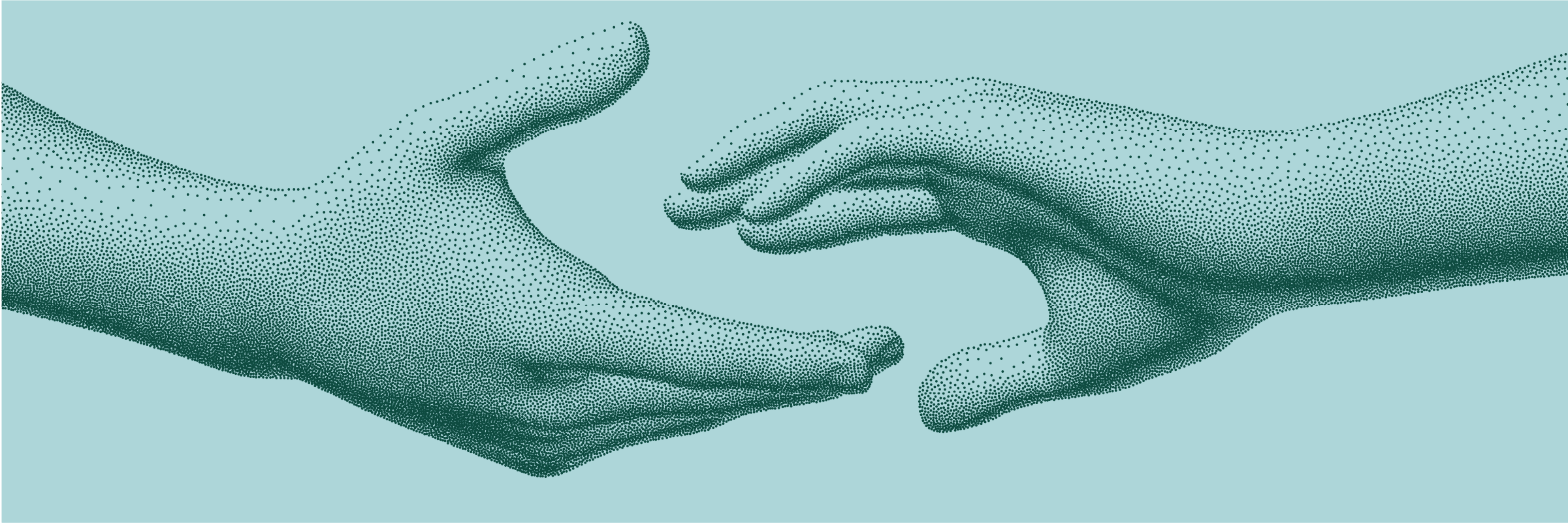Connections Count When Healing From Sexual Assault

Social fitness is an important aspect of everyday life, where building cohesion, belonging, and trust in relationships in one’s personal and professional life is essential.
Experiencing sexual assault understandably can impact someone’s mental and social fitness and their relationships with others.
Building, maintaining, and sustaining social connections and relationships not only helps rebuild a person’s social fitness but also helps in the healing process after a sexual assault.
Building Trust and Connection
The ability to trust can be affected following trauma. In the Marine Corps, restoring trust is critical to the mission and healthy command climates. Leaders play a pivotal role in this process as they are not only tasked with mission success but also with fostering a culture of trust, connection, and inclusion. Leaders can support the growth of social fitness amongst their Marines though engagement, commitment, and leadership support. Promoting these factors helps Marines who have experienced sexual assault strengthen their skill sets and become stronger individuals.
The Role of Peer Support
Peer support is invaluable. Shared experiences within the military create bonds among Marines which helps build and maintain social connections and strengthen a person’s social fitness. Strengthening social fitness through peer-to-peer support reinforces bonds through connection and plays a role in the healing process.
Family and Community Involvement
Relationships with family and friends can offer additional support to strengthen a Marine’s social fitness. These relationships outside of the normal workday enhances seeking enjoyment in activities; positive relationships with peers, communities, and families; and a feeling of belonging and trust.
Social fitness is an important part of a person’s day to day. These skills and elements of building trust, connection, peer-to-peer support, and family and community involvement support building a person’s social fitness, which in turn can help a Marine who has experienced sexual assault heal. It may be difficult for someone to rely on these skills again but creating a climate where Marines are heard and supported is the first step in building and strengthening social fitness.
Sexual assault prevention is the responsibility of every Marine. For additional resources and support, visit: www.usmc-mccs.org/sapr.